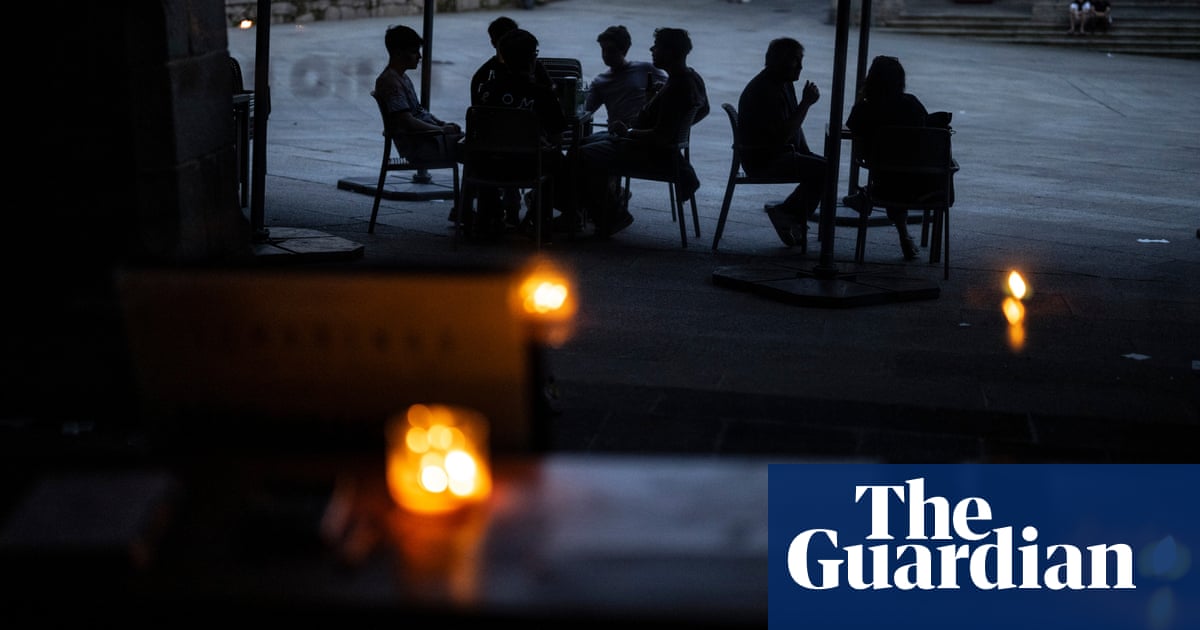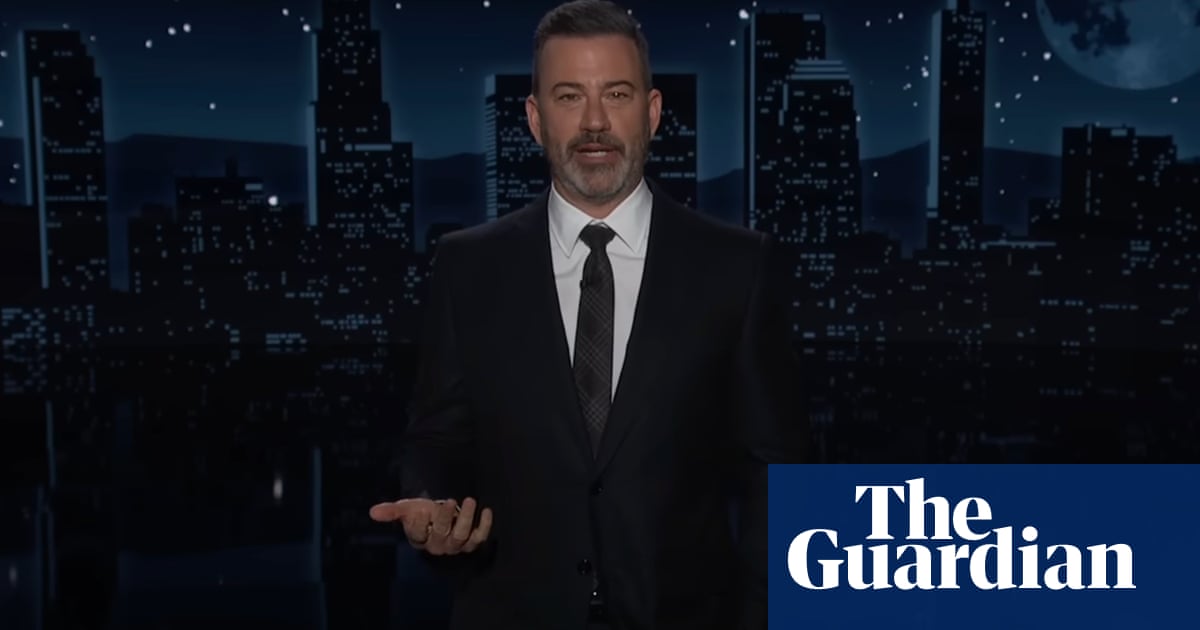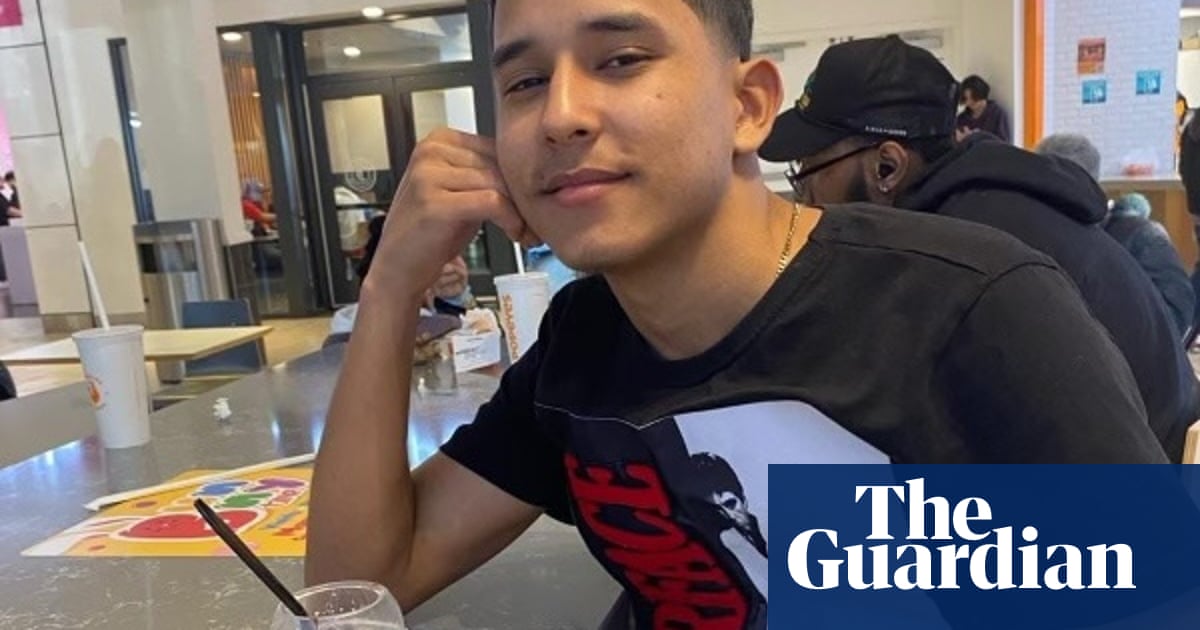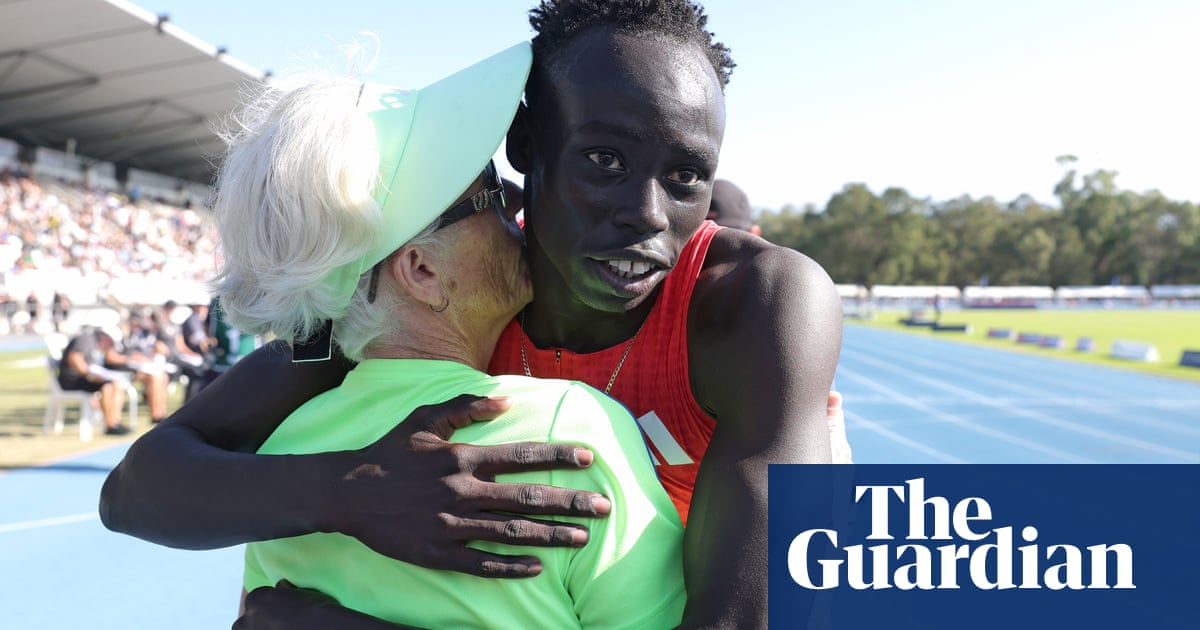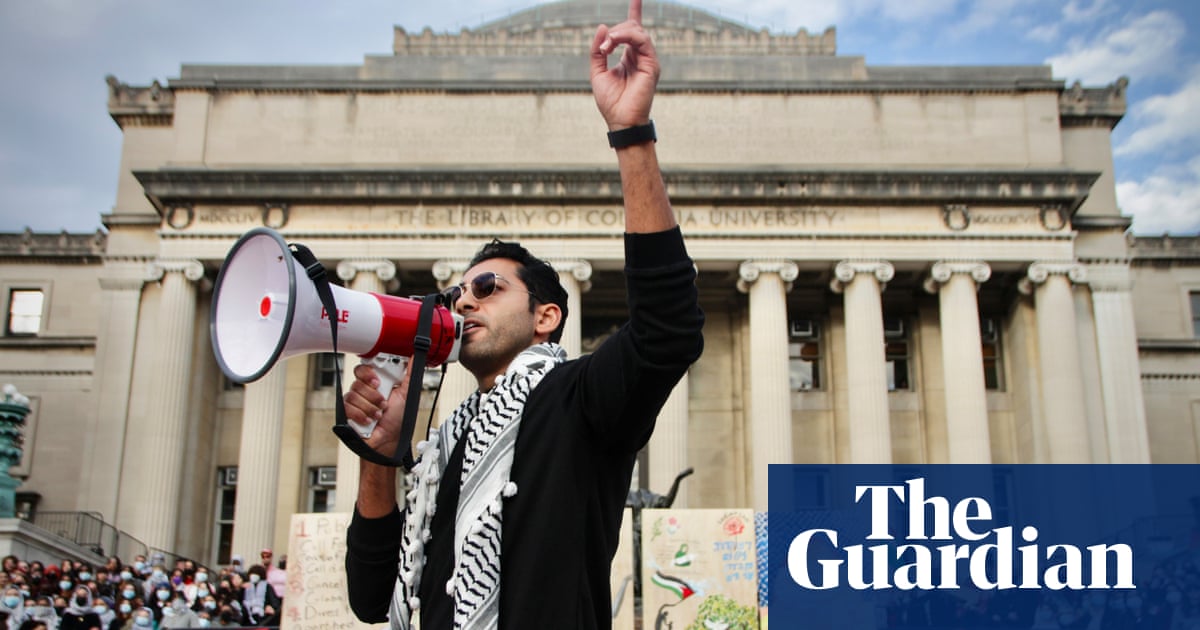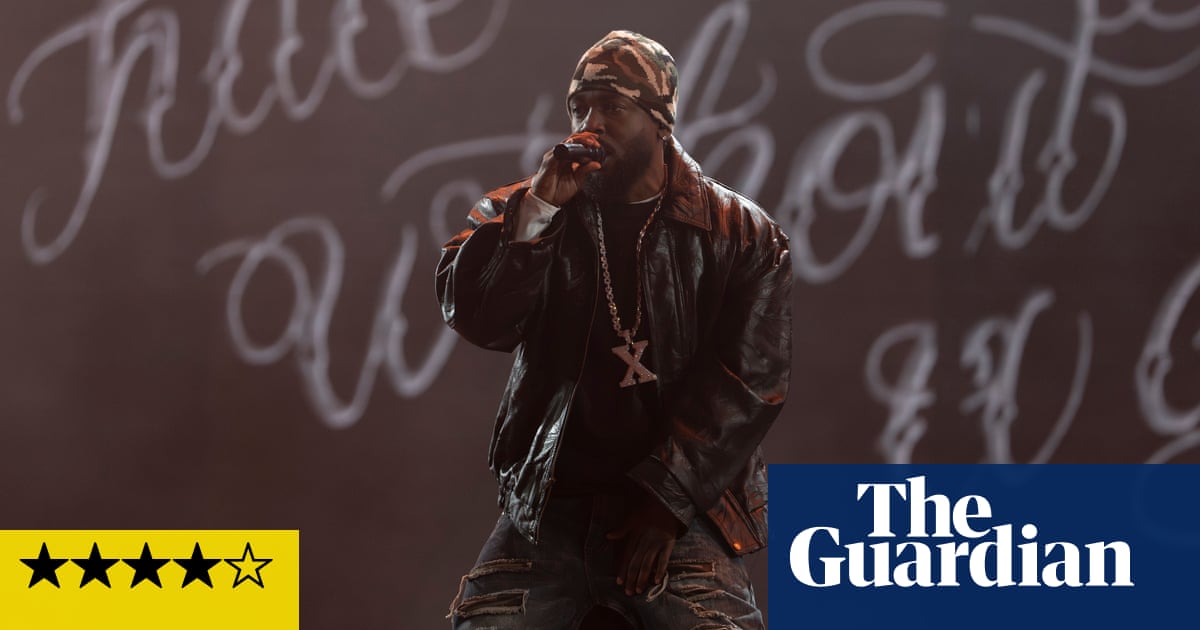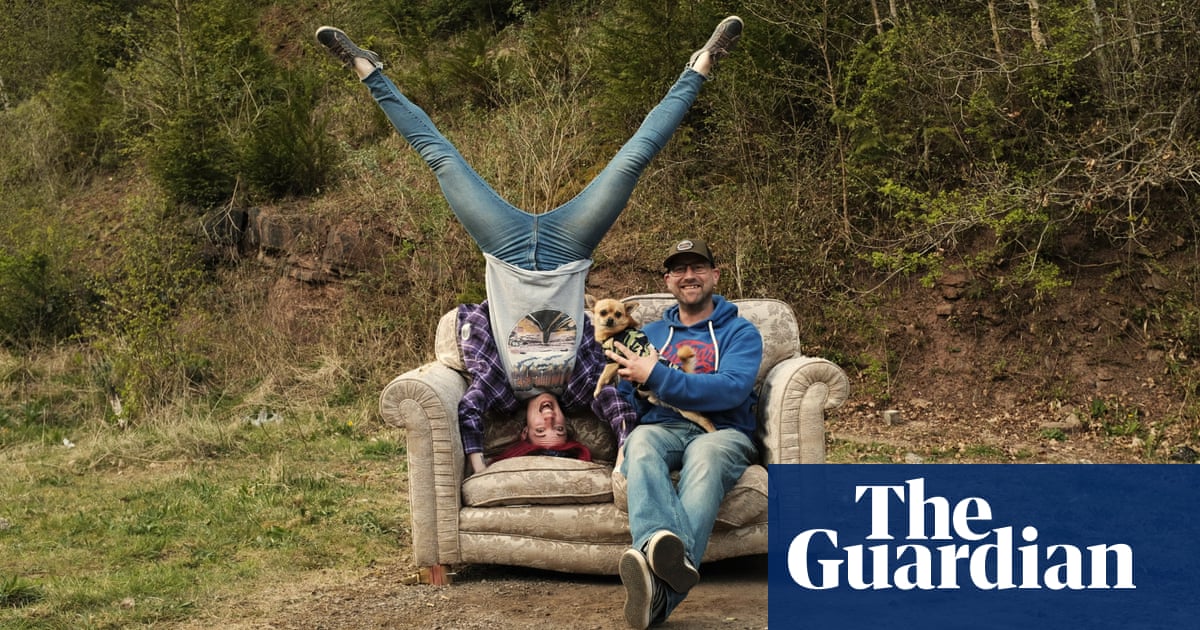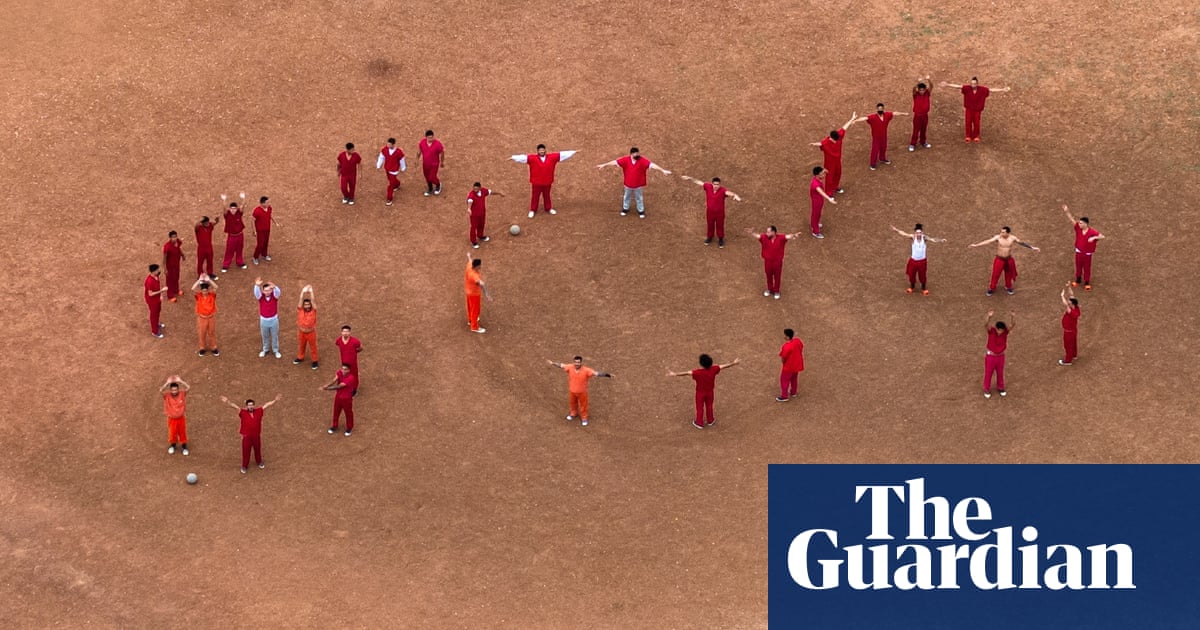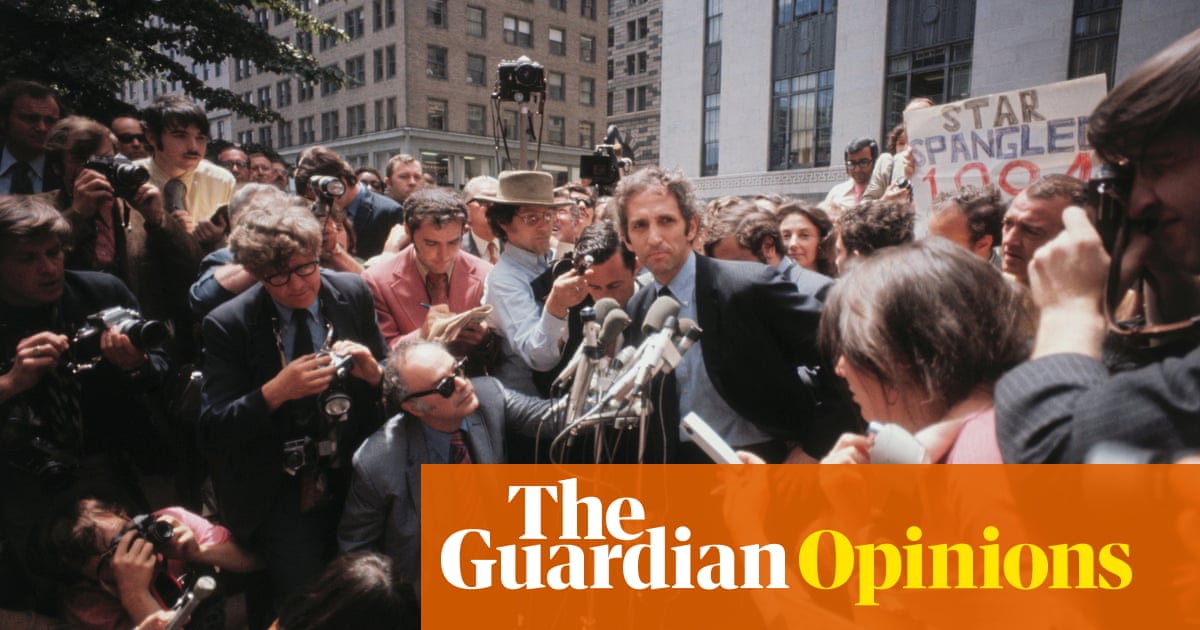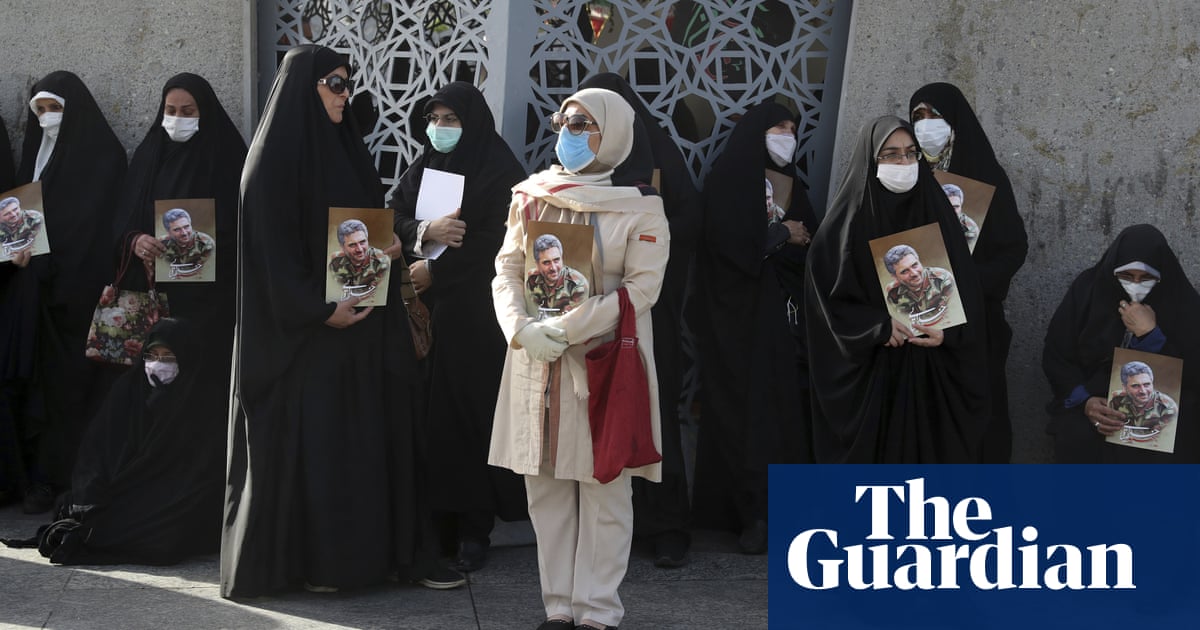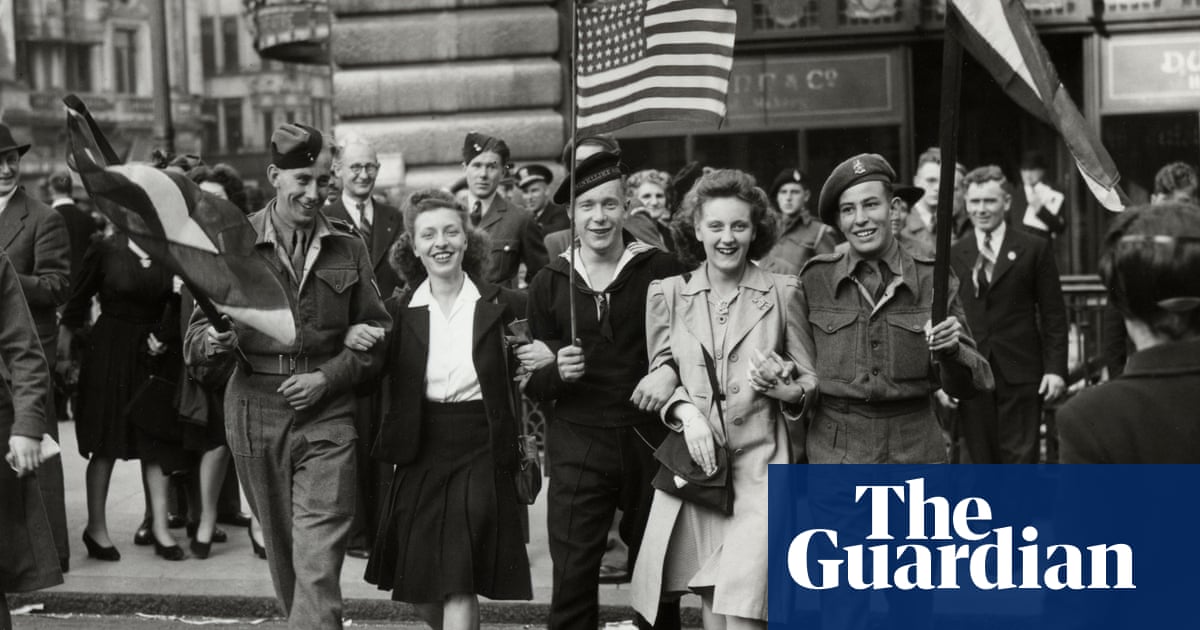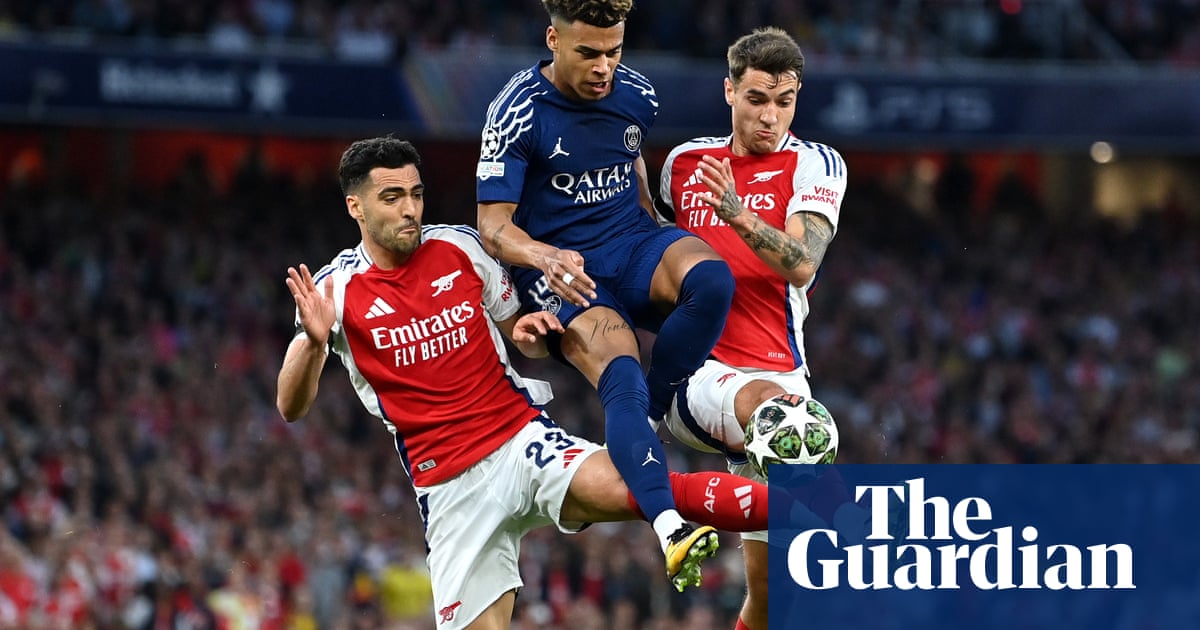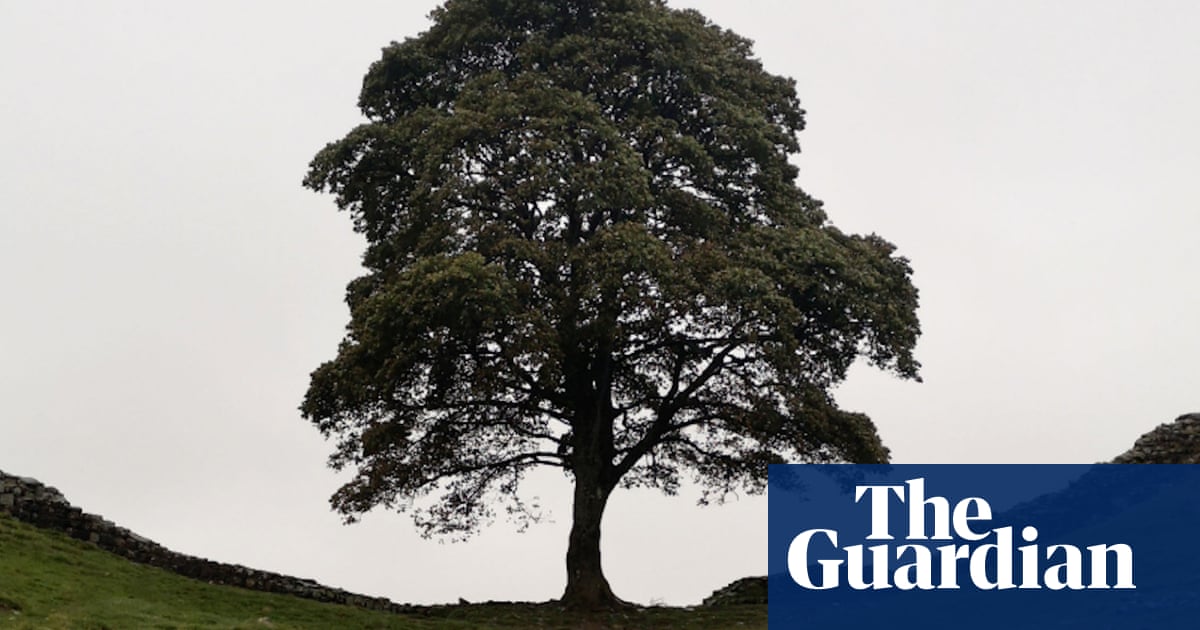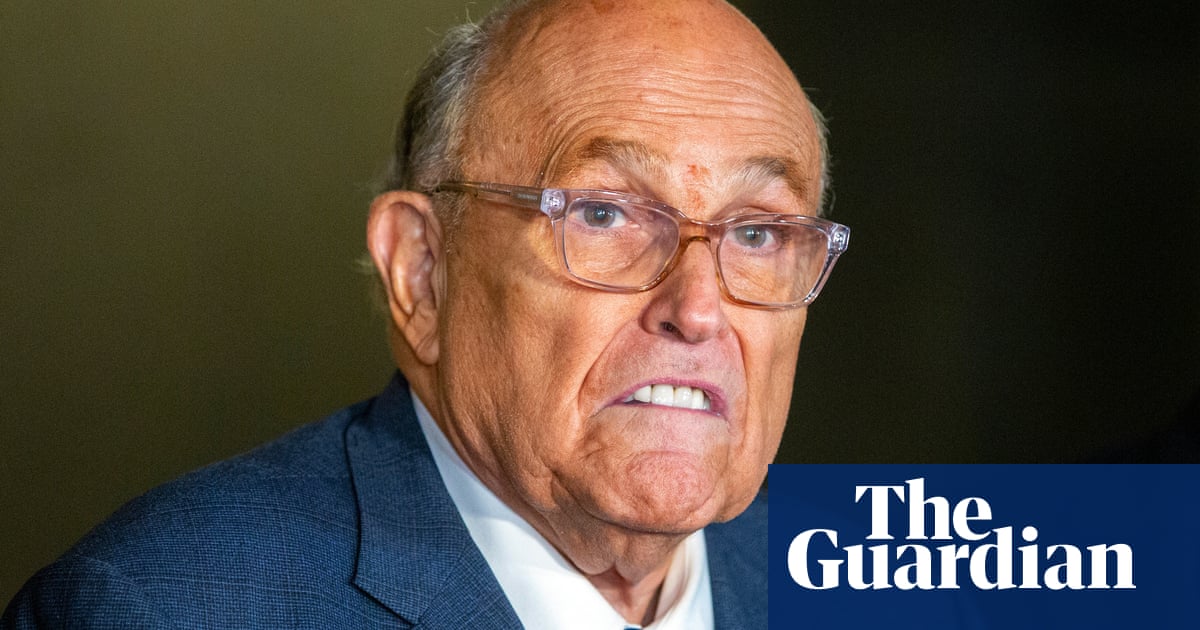Hello and welcome to The Long Wave. This week I spoke to Rógan Graham, a curator of the British Film Institute’s latest season, Black Debutantes: A Collection of Early Works by Black Women Directors. The programme runs throughout May at the BFI Southbank in London, and is a celebration of the feature-length work of Black female film-makers, both the familiar and the seldom screened.
‘Black women don’t have long careers within the film industry’
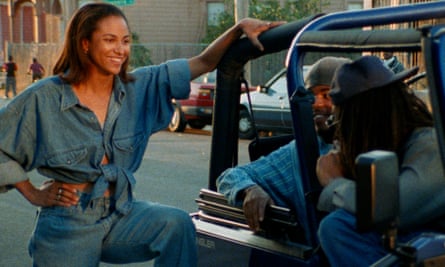
Rógan Graham conceived of Black Debutantes after reflecting on the career trajectories – or lack of them – of female directors beyond their debut films. The BFI often runs seasons dedicated to film-makers such as Mike Leigh or Akira Kurosawa, and Graham asked herself: which Black female director has a robust enough filmography to uphold a month-long season? This is, of course, not to downplay the incredible achievements of Black women in cinema, but it was evident to Graham that “Black women don’t have as long careers within the film industry. The statistics are stark.”
Graham realised that many of the films she loved by Black women, such as the coming-of-age drama Drylongso by Cauleen Smith, or Naked Acts by Bridgett M Davis, which are featured in the season, were debuts that neither director has yet followed up. “Cauleen Smith has continued to have a very long, creative career, and has worked with a lot of galleries and art spaces with experimental video work,” Graham notes, “but she is very much outside of the traditional … not even Hollywood, we’re talking about independent, American cinema.”
Drylongso isn’t an outsider kind of film – watching it, it seems very much part of the coming-of-age films so prevalent around the time of its release in 1998. Graham compares Drylongso with Leslie Harris’s Just Another Girl on the IRT (which would have been included in the season, had it not been rereleased by Tape Collective this year). “Both films deal with very real issues that Black teenagers of that time were dealing with,” she says. “But that doesn’t take away from the fact that they’re hilarious and they’re relatable.”
Mothers, daughters and the camera
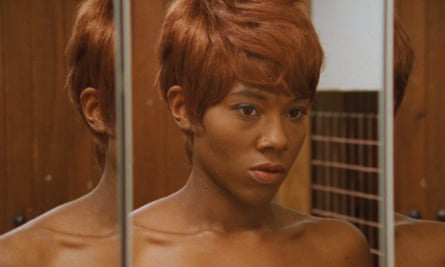
The films Graham selected for Black Debutantes showcase a wide variety of genres, from Ngozi Onwurah’s dystopian drama Welcome II the Terrordome to Dee Rees’s queer teen film Pariah and Euzhan Palcy’s Sugar Cane Alley, which explores the colonial power struggle of 1980s Martinique. Graham says all the films in the season “walk this really fine line between being relatable and warm, but very much dealing with issues”.
Graham didn’t realise until she had completed the season’s curation that there was a mother-daughter dynamic in much of the work she had chosen, whether explored literally in films such as Frances-Anne Solomon’s What My Mother Told Me, or more tangentially, for instance in Losing Ground by the late Kathleen Collins, which features a prerecorded introduction by her daughter Nina Lorez Collins. “Kathleen died in her 40s [in 1988], and it was her daughter who safeguarded her work and helped get it restored,” Graham says. “And I think that’s incredibly powerful.”
Continuing the matrilineal theme, Davis’s Naked Acts tackles childhood sexual trauma but with “a lighter touch”. In the film, the aspiring actor Cicely does not want to shoot a nude scene, as her mother, who was in blaxploitation films, was made to do decades earlier. “That theme of not being like your mother comes through really strongly in a lot of the films,” Graham says.
Another key motif in the season is that of the camera as a means of expression. In Losing Ground, Sara features in one of her student’s films, which helps her develop a more assertive approach to her jealous and lecherous husband, Victor. Pica, the protagonist of Drylongso, photographs African American men in her community, “as she believes they’ll be going extinct due to the gang violence in South Central LA in the 1990s”. At the end of Naked Acts, Cicely spends time alone with the camera, embracing her own body. “The way Black women see ourselves and put ourselves in the frame is very much a conversation. As well as that compulsion to document and preserve images,” Graham says.
Piracy and privileges
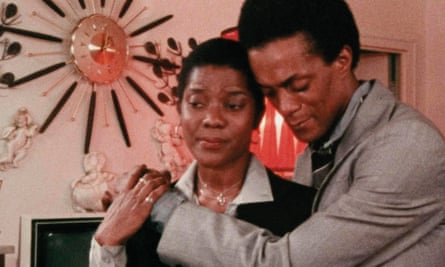
A programme of such ambitious scope can’t have been straightforward to execute, particularly given the issues with accessing Black films and securing the rights to screen it. Graham tells me that piracy has often been the only way she could access material: “This is not me stealing anything, but it might be a friend who has a link in Google Drive or a programmer in another country who can slip you a WeTransfer link.” Working with the BFI put Graham in the “privileged position” of having researchers who could help secure the films after she had scoured the internet and film curation programmes overseas.
after newsletter promotion
Some of the films required a more personal approach. A 4K restoration of Jessie Maple’s Will, the first-feature length dramatic film by an African American woman, premiered at MoMA in New York in January. Maple had died in 2023, and a curatorial director at the Criterion Collection named Ashley Clark introduced Graham to Maple’s family.
Consequently, Will, which explores the impact of drug use on Black families and communities, will have its first public screening in front of a British audience. “There’s a lot of relationship management, either directly with the film-maker, or with family, or the people who manage their estate,” Graham says. Sometimes, she adds, there is the more frustrating scenario of dealing with a bigger studio that “doesn’t really care or remember that they have the rights to the film”.
Into the future: ‘There’s still a massive disparity’
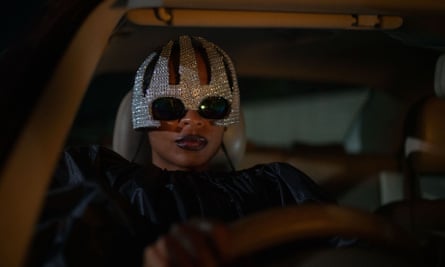
Considering the truncated careers of so many Black female film-makers, I ask Graham what she makes of the state of play today. One of the most critically acclaimed films of the past year, Hard Truths, focused on a depressed Black woman, but it was made by Mike Leigh, a white man. “Hard Truths is an interesting example,” Graham says. “There was discussion around who gets to author that kind of story when there is still such a massive disparity between men and women, and Black and white film-makers. But I think when you look at Savanah Leaf, who made Earth Mama, which won the Bafta for outstanding debut, or Raine Allen-Miller’s success with Rye Lane, we’ve got a real crop of debuts in the past three or four years which feels promising.”
Graham is regularly checking their IMDb pages, wondering about their second films. She loved Nyoni’s On Becoming a Guinea Fowl but notes that it came seven years after her debut feature film, I Am Not a Witch. “I just want Black film-makers to be continually supported – that’s as audience members buying tickets and the industry funding it. Greedily, as a film lover, I want more.”
Black Debutantes: A Collection of Early Works by Black Women Directors is at BFI Southbank from 1-31 May, with select titles on BFI Player from 5 May.
To receive the complete version of The Long Wave in your inbox every Wednesday, please subscribe here.

 4 hours ago
8
4 hours ago
8
